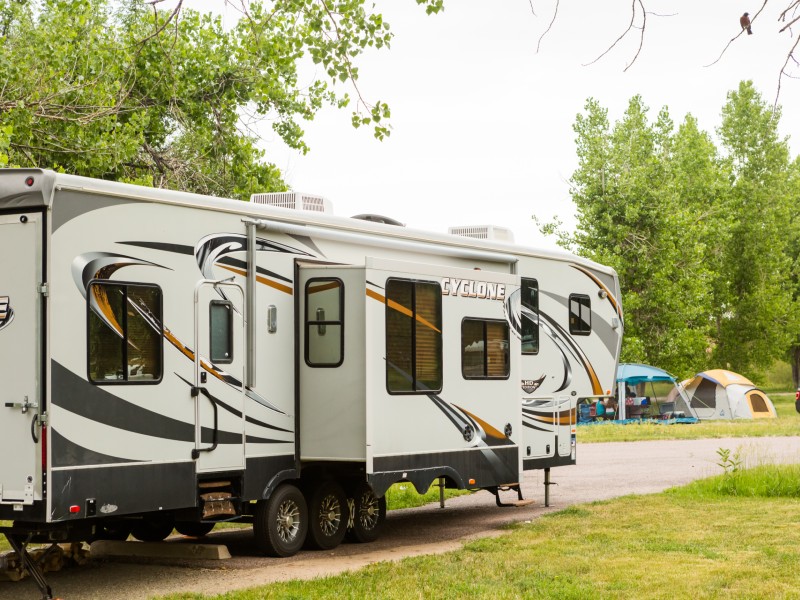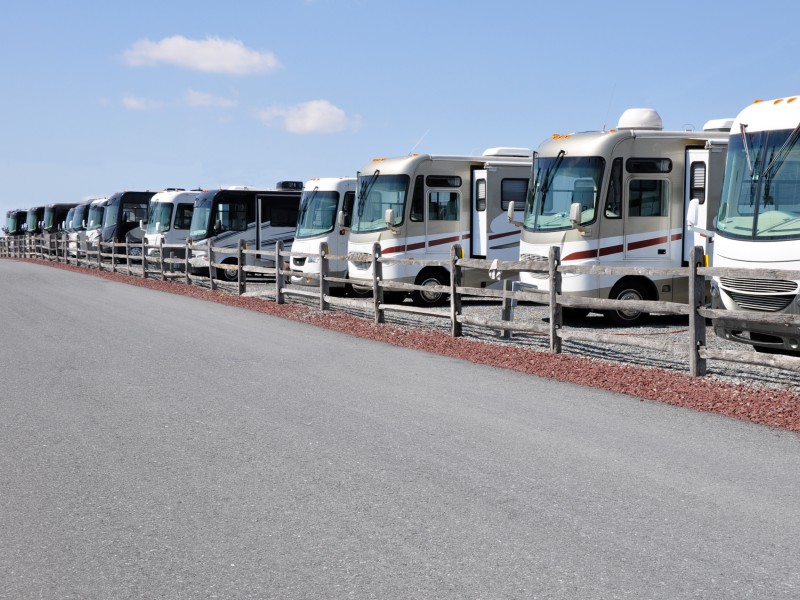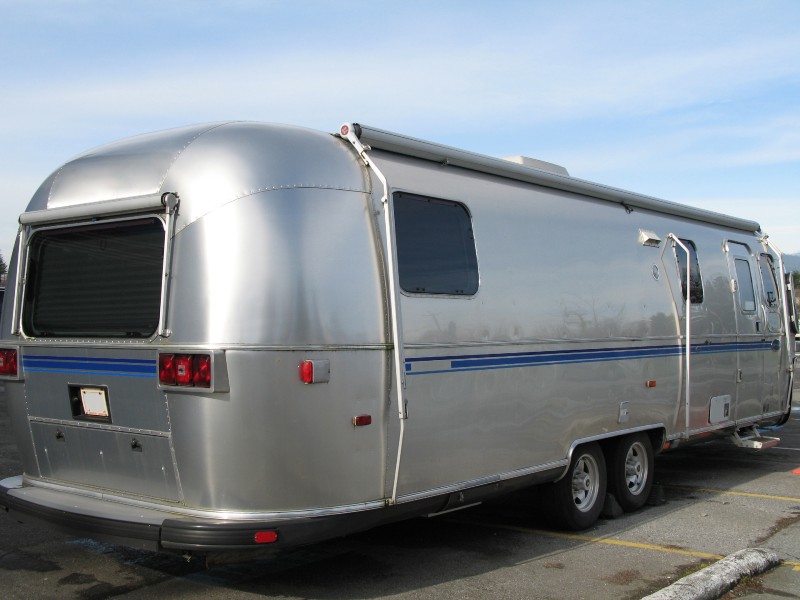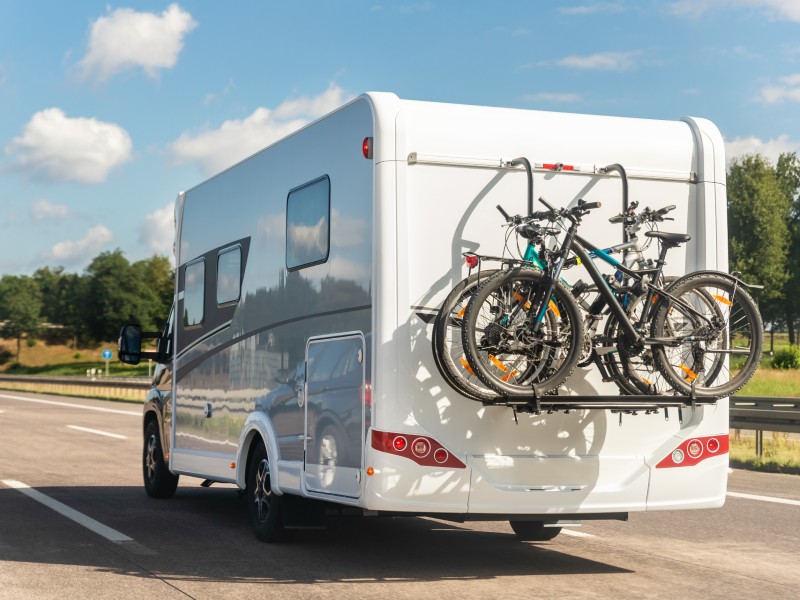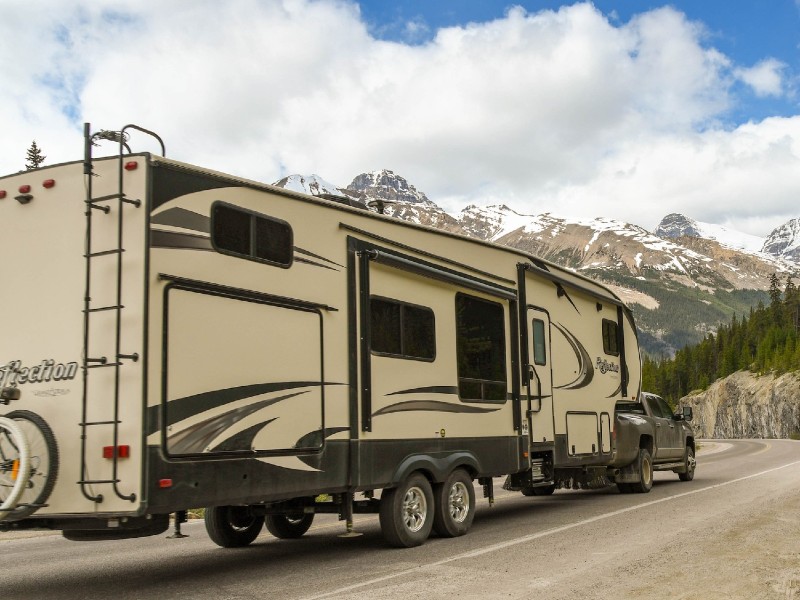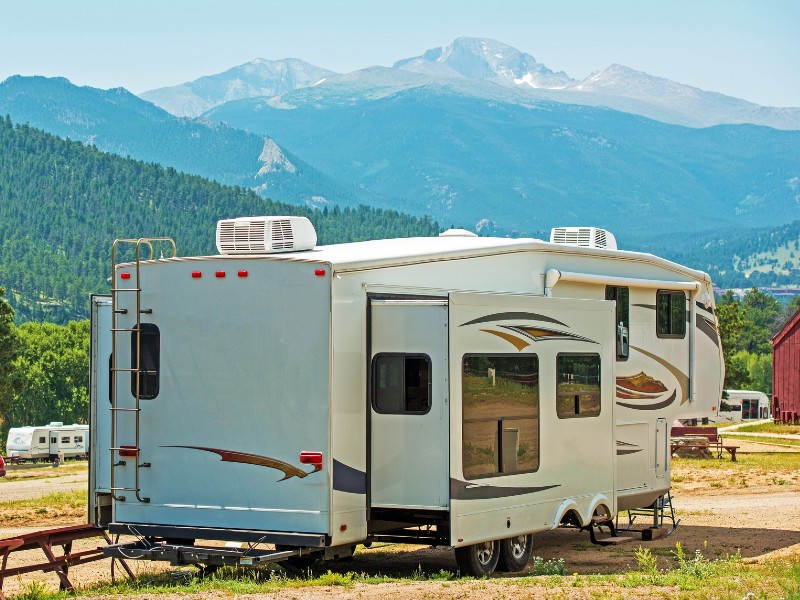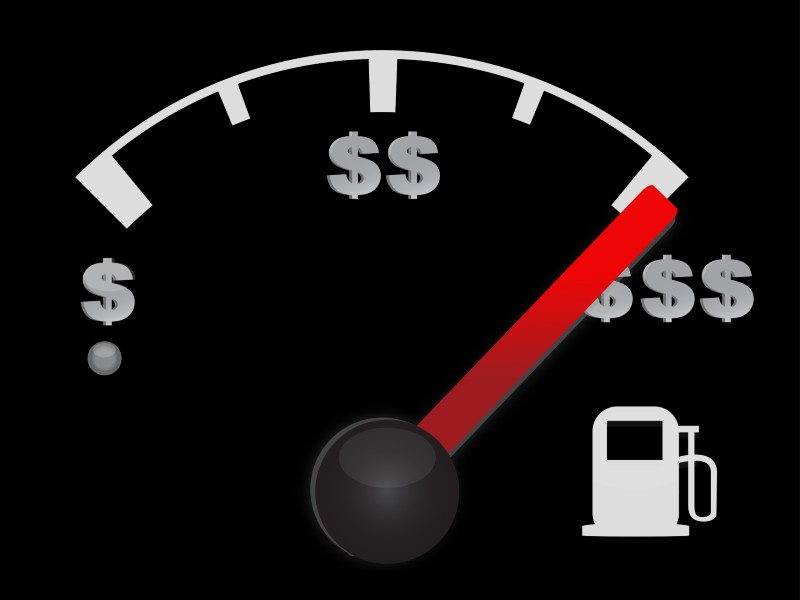There are RV warranty questions for new and used RVs. We reviewed many websites from consumer blogs; top RVer blogs and websites; and websites from dealers, manufacturers and other organizations that offer RV warranties in order to cull the top RV warranty questions and answers.
We found that extended warranties are a controversial issue within the RV community. Extended warranties extend the warranty period beyond what the manufacturer offers.
Some RVers have good luck with them, while others warn that all it takes to void your extended warranty is for the company to go out of business.
This blog entry will try to separate the wheat from the chaff in order to provide some in-depth insight from top RVers, especially full-time road warriors, about warranties, extended warranties and even introduce service plans.
We will talk about the differences between types of warranties, key ways to protect yourself when negotiating with RV salespeople, how to avoid voiding your warranty and what people are finding is true in practice about how well these warranties are truly protecting them.
We need to begin with the basics.
What Is Included in a Typical Manufacturer RV Warranty for a New RV?
The manufacturer’s warranty is designed to take care of RV parts and labor questions for mechanical failure within a specified period of time. Covered items include your engine, transmission, leveling system, furnace, refrigerator, air conditioning system, slide-outs and hot water system.
Some appliances may have separate warranties provided by their individual manufacturers.
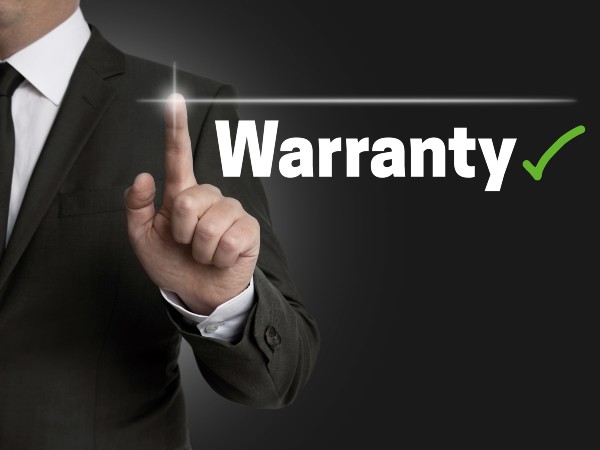
How Long Are Typical Manufacturers’ RV Warranties?
The typical new RV will be sold with coverages that vary by the type of part. Engines tend to be covered for a period of five years or 60,000 miles, suspensions and steering components may only have two years of coverage.
You may only have a year of coverage each on interior appliances like furnaces and water heaters.
Typically, a used RV you purchase from a dealer will sell as “as-is,” meaning they are offering you no warranty on the mechanical integrity of the “new-to-you” rig.
Other dealers may offer a warranty of 30 days that will only cover 50 percent of the parts and labor costs of mechanical failure.
Which Company Has the Best New RV Warranty?
The company with the best manufacturer’s warranty is Tiffin Motorhomes. Tiffin began in 1972 with the Allegro RV.
They have a 10-year warranty on the frame and five years’ worth of wall separation or delamination coverage. They have been in business since 1972.
Are There Some Questions/Problems That RV Buyers Must Be Concerned with about Dealers Honoring Their Warranties?
According to RVLifeMag.com, one typical problem encountered by RVers is purchasing an RV in another town to get a better deal, driving a long distance away on a wonderful trip, only to find the RV has some major warranty work that needs to be done.
Their suggestion is to keep your first few trips short so that you can iron out and discover such problems closer to help.
Gone with the Wynns Gone echo this advice and states that most larger dealerships have hook-ups and allow customers to spend a night or two on their lot ensuring everything is working okay. Jason Wynn states that you have to ask for this courtesy in advance.
Another typical problem RVers encounter is that they are on vacation and need warranty work, but the dealer takes care of their local customers before the warranty customers. This could leave you stranded for a few days.
One trend against this tide of RVers needing warranty work being slighted and having to drive long distances to get repairs is the American Priority RV Network and the Canadian RV Care organization.
These dealers have decided to work together to mutually help all customers of the different dealerships that comprise the network.
This organization has 61 dealer members in Canada and 100 dealer members in the U.S. who will take care of the customers of the other dealers in the network. It may be a good idea to buy an RV from one of these dealers in the network if they are close to places that you know you will like to travel.
Are There Manufacturers or Dealers That Are Not Honoring Their Warranty?
A perusal of the web shows both horror stories and stories of satisfied customers. It is really key to research the manufacturer and the dealer of your desired RV in advance.
Some may respond that their state’s “lemon” law should cover them if the dealer is negligent.
Lemon laws in most states do not cover RVs. Also, you have to read your sales contract very carefully before you sign it because it may have clauses that limit your ability to sue the dealer or limit the time you have within which to file a lawsuit against them.
What Is an Extended Warranty and What Does It Cover?
According to RV Escapees, an RV extended warranty is actually not an extension of the warranty offered by the manufacturer of your rig. It is a warranty that is offered by a third party that will cover the period after your manufacturer’s coverage ends.
These warranties cover the cost to repair a mechanical problem. They often pay for the diagnosis of the problem, parts and labor costs.
What extended RV warranties won’t cover is a mechanical failure that occurred due to an accident you were in, extreme weather or some other kind of physical damage.
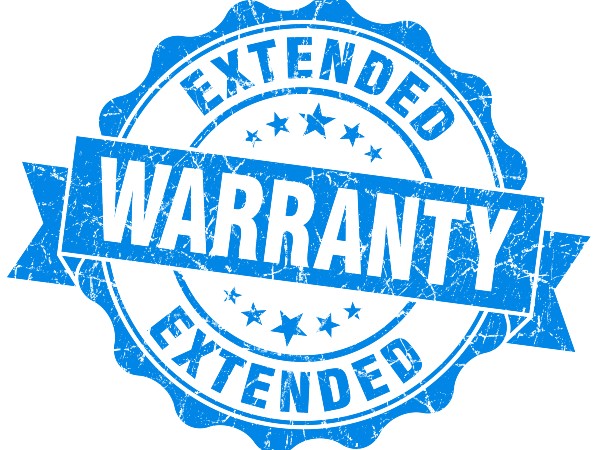
Those latter issues can be covered by an RV insurance policy under comprehensive and collision coverage.
RV extended warranties one can purchase online can cover used rigs up to usually 13 model years of age and less than 100,000 miles.
According to Joe Goodwill from RVLiving.com, if an RV salesperson tries to tell you that the extended warranty they would like to sell you covers your RV from bumper to bumper, you need to realize this is not so.
What Are the Types of Extended Warranties Offered for RVs?
This is one of the most asked RV warranty questions!
Exclusionary Policy – The exclusionary policy will usually provide the best level of warranty. This type of policy will list everything that is not covered.
The typical exclusions in coverage include mechanical failure caused by a collision, lack of regular maintenance for your rig and weather-related mechanical failure.
Your carpeting, furnishings and paint job are not covered in an exclusionary policy. They do cover all types of mechanical failures such as a new engine, transmission repair along with air conditioner issues.
Also, the failure of items inside the RV, like the water heater, televisions, electrical wiring and refrigerator are covered.
Listed-Component Policy – This type of extended warranty will provide you with a list of only what is covered on the policy. Often, engines, powertrain components, heating and cooling devices, appliances, leveling jacks and appliances are covered by such policies.
These listed component policies tend to be more affordable than exclusionary policies.
Powertrain-Only Extended RV Warranty – If the goal is to save money on these extended warranties, then a powertrain-only warranty might be your best bet. These policies will only reimburse you for the mechanical failures in your engine, transmission and drive axle.
The idea is that you save a lot of money by just insuring the big-ticket items against mechanical failure.
How Do I Buy an Extended RV Warranty?
You will have to purchase your extended warranty from the RV sales organization or from an online seller of RV extended warranties. It is wise to shop around because of the huge discrepancy in price between the companies selling these extended plans.
RVLiving.com suggests foregoing providing a commission to the sales representative at the dealership. He prefers trying to save some money with a reputable organization online that gets great reviews for their extended warranty.
Another RV warranty question — How long is the typical extended warranty? –
It is up to you to decide how long you need to extend your RV warranty. It is possible to get a warranty for up to seven years.
Do I have to Pay for an Extended Warranty before I Leave the Dealership, or Can I Buy It When the RV Is Used?
The extended warranty that the salesperson at the RV lot wants you to purchase can be usually purchased within the first year of ownership.
The online RV extended warranties can be purchased in advance, at the time of the sale at the dealership and up to 13 years after the purchase and/or within the first 100,000 miles.
One caveat is that the extended warranty for a year-old coach will be more expensive than purchasing the same policy on your first day of ownership.
RVDreams.com reminds potential purchasers of extended RV warranties that the time to buy them is before the first of the year because the warranty is all about RV age by model year.
If you wait until January 1 to purchase the extended warranty, you will be in a new model year, which will likely increase the cost of the policy.
What Are the Ways I Can Save Money on Extended Warranties?
- Buy it the day you purchase your new rig or buy it before January 1 when the new model year begins
- Pick reasonably high deductibles that you know you can afford
- Choose a powertrain-only extended warranty to just cover the biggest costs you can have in terms of mechanical failure

Explore the Great Outdoors with Us!
Are Extended Warranties a Good Idea?
RV Escapees stated that they may be a good idea for some RVers, but not all rigs will qualify for the insurance. They stated that, statistically, 30 percent of RVs will have a major mechanical repair come up in their second year of service.
Another 80 percent will need some major repair in the first five years. All RVers will need to have major repair work done on their RVs within the first eight years.
Repair costs for an RV repair are more expensive than repairs for a family car. For each hour of work done on an RV, the costs for parts and labor are about $300 an hour.
As RVs gain more fancy technology, more can go wrong and the costs of the repairs go up.
RV extended warranties are great for people who do not have the means to plunk out a lot of cash in the event of a major breakdown. It helps provide balance and regularity to the budgets of RVers.
One last important plus for extended warranties is that they can usually be transferred to another owner of the RV in the event you sell your rig. Usually, the new owner only needs to pay a fee for the transfer of ownership of the warranty.
Having the extended warranty available to a potential new owner may make your rig sell more quickly.
Sadly, though, these policies are not for every rig on the road. Excluded are rigs that are over 20 years old along with vintage RVs and motor homes that have over 125,000 miles on the speedometer.
Some owners of RVs that blog have a bit of a different story about the benefits of an extended RV warranty.
To protect yourself from a fraudulent or unscrupulous seller of extended RV warranties, I suggest looking into BBB ratings, Google and Yelp.
Also, they suggest reading the entire contract and ensuring you understand what is and is not covered as well as the procedure for initiating a warranty repair.
It is not a bad idea to take the time to write down all of the serial and model numbers of the appliances within your rig for fast and easy reference in the future.
It is wise to ensure that the warranty states in writing if you will foot the bill at the repair shop out-of-pocket and be reimbursed or if the company will directly pay the shop.
There are reports of some extended warranty companies that take an extended period of time to reimburse their customers.
What Could Go Wrong with an Extended RV Warranty?
This is something that’s more common in the mind with RV warranty questions!
You might commit an action or an in-action that voids your extended warranty. The company that offers the extended warranty might go out of business, leaving you with no coverage.
You might have purchased coverage from a fraudulent provider of extended RV coverage.
Also, for one individual mechanical failure, if you fail to notify the warranty provider in advance of a repair at a shop that is not on their authorized list, you may not be reimbursed for the repair.
This makes it imperative to call your warranty provider ahead and get authorization if you pick a mechanic that is not on their list.
Also, there is the issue of “consequential damage.” This means that one part failed, causing another to fail as well.
If Part 1 which caused the whole problem is not covered, you may not be reimbursed for Part 2 to be repaired, even though the latter is covered. If Part 1 is a gasket and Part 2 is your transmission, you can see the problem.
Another problem is the type of RVer that gets excluded from these warranties. Read your extended warranty carefully. Some policies exclude full-timers.
Other policies call “full-timers” those who RV all summer.
Some policies charge the deductible per item repaired, rather than per repair incident.
Clearly, there are some loopholes you need to be aware of if you decide to go down the extended warranty road.
What Mistakes Can Void My RV Warranty?
All Seasons states that there are several things you may do to your RV that will void your warranty:
- RVing full-time
- Attaching items to the frame or bumper – Yes, even bike racks and things to increase storage space!
- Painting interior or exterior walls
- Using your RV commercially – Like renting your RV
- Neglect – If you don’t keep up with maintenance issues
- Removing and changing out the furniture – You know, that dinette taking up too much space
- Changing much of anything about the electrical system – Like adding more lighting
How Can I Get around the Warranty-Voiding Mistakes and Still Personalize My RV?
This is a regularly asked RV warranty-type question.
Detroit must have heard some loud yelling from customers who find some of these restrictions on what you can do to your RV you purchased are a bit much, so they came up with a list of things you can do to personalize your RV and not void your warranty.
You decide if this makes you less angry:
- Instead of painting the interior or exterior, use vinyl stickers inside and out and command strips inside
- Instead of getting rid of the space-hogging dinette, you can use slipcovers, decorative pillows and bedding
- For lighting needs, add puck lights, LED strips and awning lights
- Instead of drilling holes in the frame and sidewalls or removing existing storage areas without prior approval, they suggest using storage containers.
Did this help? I did not think so. One can see why so many of us are converting cargo trailers and doing our own thing.
Are Maintenance Costs Covered by My RV Warranty?
No. On the contrary, you must provide maintenance for your RV in order to keep your RV warranty active.
Are There Maintenance Items I Need to Perform in Order to Keep My RV Warranty in Active Status?
As bizarre as it sounds, this warranty question doesn’t come up a lot with RVs. I figured this would have been one of the most asked.
You have to provide the required maintenance on your rig and save all of the records for the maintenance.
Typically required maintenance items include regular oil changes, changing transmission fluids every year or 12,000 miles, and lubricating your suspension and steering parts.
Are There Any Alternatives to RV Extended Warranties?
Yes, there are service plans and self-insuring. According to RVLiving.com, self-insuring is where you take the money you save not having to buy the extended warranty then create a rainy day slush fund for RV emergencies.
There is no one good answer that fits everyone since everyone has a different financial situation.
The other option is a service plan. Service plans are backed by the insurance industry so the plan will still be in effect if Good Sam shuts its doors.
It is a monthly mechanical failure service plan, which saves customers from having to come up with a large outlay for extended mechanical coverage all at once. Also, this allows customers to choose how long they would like to extend their mechanical coverage.
As you can see, warranties and extended warranties can have some great points and can save RV travelers, but they can also fail RVers at key junctures.
The savvy RV traveler is prepared with an understanding of the shoals they may need to negotiate in order to make the wisest decisions and save time and money with RV warranty questions while preserving the peace of mind.
- What are some common misconceptions about RV warranties that new buyers should be aware of?
One common misconception about RV warranties is that they cover everything; however, they typically only cover manufacturing defects and not issues arising from wear and tear or improper maintenance.
Another misconception is that all RV warranties are the same, but they can significantly vary in terms of coverage, duration, and deductibles, so it’s essential for new buyers to thoroughly read and understand their warranty terms.
- How can an RV owner ensure they do not accidentally void their warranty?
An RV owner can ensure they do not accidentally void their warranty by thoroughly understanding the terms and conditions of the warranty, including what actions may lead to its invalidation, and by performing regular maintenance as specified by the manufacturer.
It’s also crucial to only use authorized service centers for repairs and maintenance and to keep detailed records of all services and repairs done on the RV.
- What are some red flags to look out for when purchasing an extended warranty for an RV?
When purchasing an extended warranty for an RV, be wary of warranties that have a long list of exclusions, as they may not cover many common issues.
Additionally, if the warranty company does not have a strong financial rating or a reputable history, it may not be reliable for claims handling, which could leave you with costly repairs.
- How does the warranty coverage differ for new and used RVs?
The warranty coverage for new RVs typically includes a comprehensive manufacturer’s warranty that covers most parts and systems for a specified period, often between one to three years.
In contrast, used RVs may come with a limited warranty or none at all, depending on the dealership or private seller, and any remaining manufacturer’s warranty, if transferable, will depend on the age and mileage of the vehicle.
- Can you provide some examples of situations where an extended warranty saved an RVer from significant repair costs?
- An RVer had an extended warranty that covered their refrigerator, which unexpectedly failed during a long trip. The cost of the new refrigerator and the labor to install it would have been over $1,500, but the extended warranty covered it completely.
- Another RVer had an engine failure in their motorhome, which would have cost them around $7,000 to repair. Thanks to their extended warranty, they only had to pay their deductible, saving them a significant amount of money.
"Of all the paths you take in life, make sure a few of them are dirt."
-- John Muir
